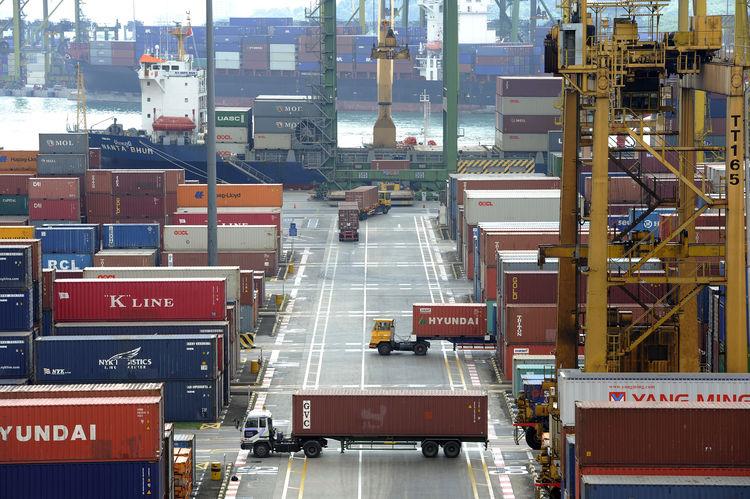Nigerian businessmen have visited Vietnam to seek opportunities to import waste treatment equipment and environmentally friendly waste disposal machineries from the country, while exporting wood, cashew nuts, minerals, oil and gas and technology to it.
A business delegation of members of the Nigeria-Vietnam Chamber of Commerce and Industry also sought investment partners for solutions on farm and agricultural product processing as well as connection between service enterprises in both nations, a statement from the NVCCI indicated on Sunday.
According to the statement by the Commercial Counsellor, Embassy of Vietnam in Nigeria, Mr. Hoang Tuan, the Vice Chairman, Vietnam Chamber of Commerce and Industry, Dr. Doan Khuong, who spoke at the Nigeria-Vietnam Trade and Investment Forum, said that the forum would contribute to boosting trade and investment, which the two governments were concerned about.
“The VCCI affirms that it will always be a bridge to actively support the two countries’ enterprises to develop long-term cooperation,” he was quoted as saying.
The President, NVCCI, Mr. Oye Akinsemoyin, was quoted as saying that there was a need for closer institutional collaboration between the body and its Vietnamese counterpart as a basis for closer private-sector driven partnership.
He said that Nigeria needed to move from exporting raw items to processed and semi-processed goods, as Vietnam continued to import raw materials to feed its domestic market.
He pointed out that in order to boost trade, industry and investment, the governments of both countries needed to reform immigration and visa issues, deal with evils caused by fraud, and encourage enterprises from both sides to do international transactions and payments through their banks.
The Ambassador of Vietnam to Nigeria, Pham Tuan, was quoted as saying that Vietnamese businessmen needed to increase their investments in the Nigerian market.
“Nigeria has a great demand for farm products such as machinery, fertilizers and pesticides. The Nigerian market is not too restrictive to imports for these kinds of production and consumption. These goods are strong on production in Vietnam,” he added.
The Nigerian Ambassador to Vietnam, Francis Efeduma, called on Vietnamese enterprises to cooperate with Nigeria in the production and processing of agricultural products.

 Forex3 weeks ago
Forex3 weeks ago
 Naira3 weeks ago
Naira3 weeks ago
 Billionaire Watch2 weeks ago
Billionaire Watch2 weeks ago


 Naira3 weeks ago
Naira3 weeks ago




 Naira2 weeks ago
Naira2 weeks ago




 Naira1 week ago
Naira1 week ago




 Naira4 weeks ago
Naira4 weeks ago
 Banking Sector4 weeks ago
Banking Sector4 weeks ago
























